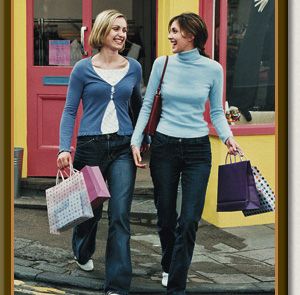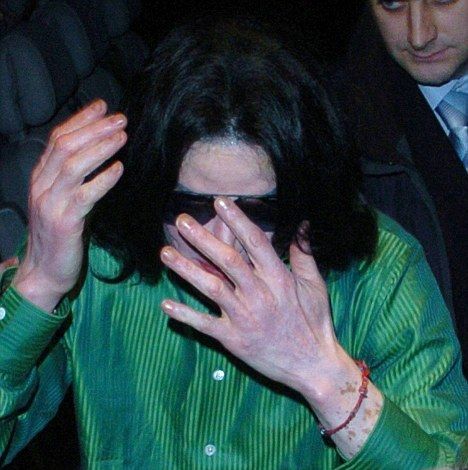MM须知:中国最火的5款美颜app
|
5 Major Beauty Apps in China You Should Know The proliferation of social media and interactive smartphone-based apps has demonstrated that e-marketing is an irreversible trend. A 2016 McKinsey report shows that over 44 percent of all luxury goods sales are influenced by Internet research or online buzz. That means, even if not all social media users are buying, you want your brand followers and onlookers to talk about you on the Internet. In the case of China, the latest battlefield is beauty camera apps, which have become an overnight hit in the West. 1.MeituPic Developed by the Xiamen-based Meitu Inc, Meitu Pic is the company’s flagship beauty camera app and was the first to become a big hit among Western users. Last December, Meitu Inc completed a $629 million IPO in Hong Kong. But it rose to widespread popularity back in 2008, soon after its launch that year when it captured the desire by China’s smartphone generation to look attractive online. The app has drawn some 456 million users, who use it to post more than 6 billion photos every month. In addition to MeituPic, Meitu Inc has developed a series of beauty camera apps such as Beauty Plus, Poster Labs and Meipai, each specializing in facial feature enhancement, video editing and many other features. Luxury brands have already cottoned to the potential of reaching out to young, affluent Chinese consumers who hope to express themselves through fashion and beauty camera apps such as MeituPic. 2.Makeup Plus Makeup Plus is developed by Meitu Inc, our first app on the list, but this app is worth mentioning separately as it represents the company’s latest move to integrate luxury goods branding into the everyday photo-editing experience. Using Augmented Reality (AR) technology, Makeup Plus can accurately detect a user’s facial features and apply virtual makeup—eyeshadow, mascara products and even hair styles—to the user’s selfie. 3.Pitu Tian Tian Pi Tu, is a beauty app developed by China’s Internet giant Tencent. Similar to other photo-editing apps, Pitu offers a number of beautifying filters, blemish removing tools and virtual makeup options for users to choose from. Launched in 2014, Pitu has accumulated 106 million monthly active users (MAUs). While the number is not as impressive as that of Meitu’s apps, some argue that the user base of Tencent’s gaming products and chat applications, such as QQ and WeChat, gives Pitu great potential for further growth. According to Chinese app watchers, Pitu’s target audience is younger and more individualized than that of MeituPic. 80 percent of Pitu’s users are younger than 25, giving the app more room to try out more bold features. In June 2017, Italian jewelry and luxury goods brand Bulgari partneredwith Pitu to promote Serpenti, its latest hexagon sunglass series. 4.FaceU In contrast with most other beauty apps, FaceU, 激萌, focuses more on the social feature, encouraging users to video chat with friends and even strangers while playing with its fun stickers — and the strategy is undoubtedly working. Launched in 2016, the app, which mainly targets female users between 15 and 35, has twice made it onto the Apple store’s Chart for top apps. Having attracted over 250 million registered users by March 2017, the app, according to a report, enjoys the highest user stickiness among major camera apps. In the same month, FaceU completed its Series B financing with “tens of millions of dollars” in investment led by Meitu Inc. 5.Camera360 Camera360, one of China’s earliest smartphone-based photo-editing apps, is owned by a Chengdu-based company called Pinguo Technology. According to the company, Camera360, its flagship product, has over 200 million users worldwide who produce millions of photographs, on average, per day. There are more than 200 filters available on Camera360, where users can also add live face effects and stickers to their photos. Many celebrities and Western companies have chosen to work with Camera360 to promote their shows and movies in the Chinese market. |









